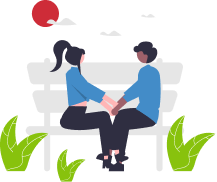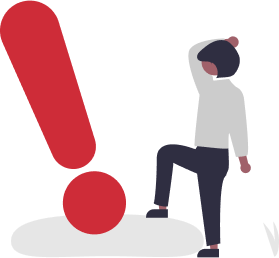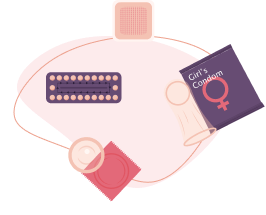
Emergency Contraception
Hormonal Method
Emergency contraception (ECs) are contraception methods which can be used if unprotected sex has taken place or when another method of contraception has failed (e.g. a torn condom or forgotten pill). How it works
- ECs work by preventing or delaying ovulation and inhibiting or slowing down the transportation of the egg and sperm through the fallopian tubes, which prevents fertilization and implantation.
- ECs do not work once a woman is pregnant
Common Types of ECs
- There are progestin-only EC pills that contain the same progestin hormone (Levonorgestrel) as some other progestin-only pills, although in higher doses.
- There are also combined ECs which contain the hormones estrogen and progestin
Effectiveness
- When taken correctly EC pills are 98-99% effective depending on the type of EC pills.
- The earlier the EC is used after unprotected sexual intercourse, the more effective they are.
Advantages
-
- Can be used by women of any age including adolescents.
- They are safe, effective, and easy to use, and provide protection after unprotected sexual intercourse.
- ECs can be used in emergency situations without having to see a Healthcare provider


Limitations
- They are only effective if used within 120 hours (5 days) of unprotected intercourse.
- It is important to note that ECs are not to be used as a regular method of contraception.
- ECs do not protect against HIV infections (AIDS) and other Sexually Transmitted Infections (STIs).
- EC pills do not continue to prevent pregnancy during the rest of the cycle: a woman can get pregnant immediately after taking ECs.
Side Effects experienced by some users
- Changes in bleeding patterns including light vaginal bleeding 1-2days after taking ECPs, monthly bleeding may start earlier or later than expected
- In the week after taking ECPs, you may have nausea, abdominal pain, fatigue, headache, breast tender-ness, dizziness, or vomiting

Juu life ni kujipanga!
Popular questions
You will get a small injection on your arm to numb you. This means you won’t feel pain at all during insertion. There will be a little pain or soreness as the wound heals for about a week.
Yes. A woman who has not had children generally can use an IUD, but she should understand that the IUD is more likely to come out because her uterus may be smaller than the uterus of a woman who has given birth.
Yes. If needed, ECPs can be taken again, even in the same cycle. A woman who needs ECPs often may want to consider a longer-acting and more effective family planning method
Yes. A woman who has not had children generally can use an IUD, but she should understand that the IUD is more likely to come out because her uterus may be smaller than the uterus of a woman who has given birth.
No. Most research finds no major changes in bleeding patterns after female sterilization. If a woman was using a hormonal method or IUD before sterilization, her bleeding pattern will return to the way it was before she used these methods



